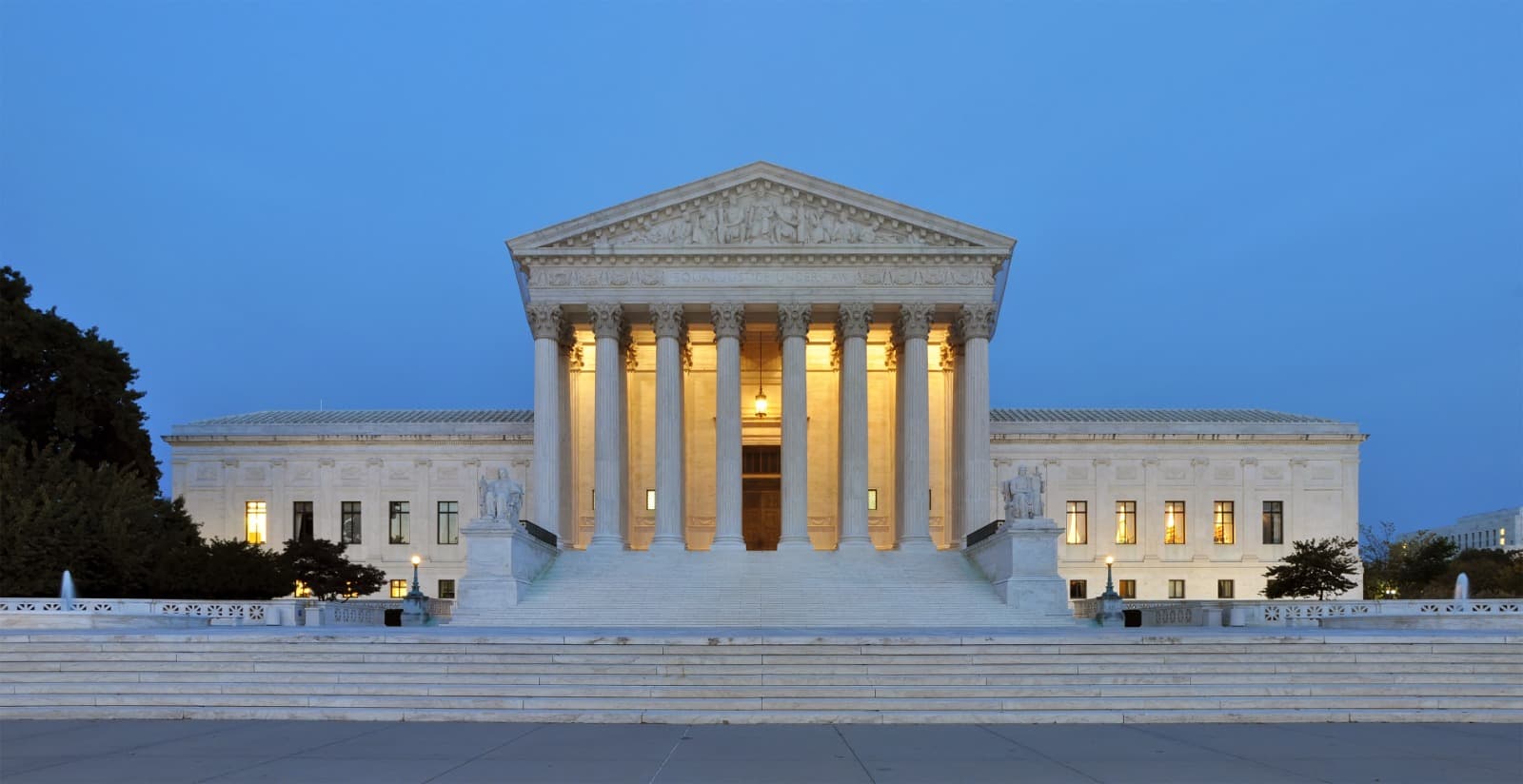
High Court Declines Bid to Overturn Same-sex Marriage Right
Ruling against Kim Davis stands as federal courts affirm limits on religious-freedom claims
The US Supreme Court has refused to hear an appeal seeking to overturn its 2015 decision that legalised same-sex marriage nationwide, effectively closing the latest challenge brought by former Kentucky county clerk Kim Davis.
The court, which holds a 6–3 conservative majority, dismissed Davis’s petition without comment. Davis had argued that issuing marriage licences to same-sex couples conflicted with her religious beliefs as an Apostolic Christian, and claimed she should be shielded from liability under the First Amendment’s religious freedom protections.
Davis was sued by a gay couple in Rowan County after she stopped issuing marriage licences following the 2015 Obergefell v. Hodges ruling, which recognised same-sex marriage as a constitutional right under due process and equal protection principles. She was later ordered to pay more than $360,000 in damages and legal fees.
Lower courts had consistently ruled against her, finding that her religious objections did not exempt her from performing the duties of her elected office. A federal judge noted she could not use her “own constitutional rights as a shield” while denying the rights of others.
A jury awarded the plaintiffs $100,000 in damages in 2023, and the Sixth Circuit Court of Appeals upheld the ruling this year, concluding that First Amendment protections apply to private conduct—not to government officials carrying out statutory duties.
Despite Monday’s rejection, Davis’s legal team, led by Liberty Counsel founder Mat Staver, vowed to continue efforts to overturn Obergefell, calling the Supreme Court’s refusal to hear the appeal “heartbreaking.”
Supporters of the plaintiffs hailed the decision as a reaffirmation of marriage equality. Their lawyer, William Powell, said the denial “confirms what we already knew: same-sex couples have a constitutional right to marry.”
Conservative opposition to Obergefell intensified after the Supreme Court overturned Roe v. Wade in 2022, raising hopes among some that the same-sex marriage ruling might also be revisited. Three of the four dissenting justices in the Obergefell decision—Clarence Thomas, John Roberts and Samuel Alito—remain on the bench, joined by three justices appointed by former president Donald Trump.
The Supreme Court previously declined to intervene in the Davis case in 2020.
For any enquiries please fill out this form, or contact info@thelawreporters.com and Follow The Law Reporters on WhatsApp Channels